A senior official appointed by the Muhammad Yunus-led interim government has said that Bangladesh should occupy India’s seven northeast states if it attacks Pakistan in response to Phalagam terror attack.
The remark made by Major General (retired) ALM Fazlur Rahman —
the chairperson of the National Independent Commission of Inquiry probing the 2009 Bangladesh Rifles (BDR) massacre — on Facebook comes at a time when Dhaka’s ties with New Delhi has seen a downturn after ouster of former prime minister Sheikh Hasina in August last year.
“If India attacks Pakistan, Bangladesh should occupy seven states of North East India. In this regard, I think it is necessary to start a discussion on a joint military system with China,” Rahman said in a Facebook post in Bengali on Tuesday.
The post received a ‘like’ from fellow commission member Shahnawaz Khan Chandan, a former member of the Islamist student organization Islami Chhatra Shibir.
According to a report by The Print, Chandan, currently an assistant professor at Jagannath University in Dhaka, is reportedly someone whom Yunus is said to have placed “complete trust” in.
The timing of the post is significant, coming amid escalating India-Pakistan tensions following the Pahalgam terror attack.
In a series of retaliatory measures, India has suspended the 1960 Indus Waters Treaty, shut down the Attari post, and downgraded diplomatic ties.
Meanwhile, Bangladesh has moved closer to Pakistan following Sheikh Hasina’s exit.
The two countries held their first foreign secretary-level talks in nearly 15 years this month in Dhaka, focusing on bilateral and historical issues. The dialogue follows quiet diplomatic overtures, including relaxed visa norms and discussions on 1971-related grievances.
A visit by Pakistan’s Deputy Prime Minister Ishaq Dar is expected but remains on hold amid rising regional tensions.
Who is Fazlur Rahman?
Fazlur Rahman, a retired army officer, led the Bangladesh Rifles (BDR) during the 2001 border clashes with India, in which 16 BSF personnel were killed. Now elevated to a position equivalent to a Supreme Court appellate division judge, Rahman has pledged to expose the “foreign conspiracy” behind the 2009 Pilkhana massacre.
Claiming the original probe into the BDR mutiny concealed critical truths, Rahman has said, “We aim to determine whether any foreign entity was involved in the carnage,” hinting at alleged Indian involvement.
His latest remarks are likely to add to growing friction with New Delhi. They come shortly after Yunus, declared in a meeting with Chinese officials that Bangladesh — not India — is the true gateway to South Asia.
“The eastern part of India, known as the Seven Sisters, is landlocked. They have no access to the ocean. We are the only guardians of the ocean in this region. This opens up huge possibilities,” Yunus said in a video of the meeting that has since gone viral.
He also added that Bangladesh could act as “an extension of the Chinese economy—building, producing, and marketing goods for China and the world.”
With inputs from agencies


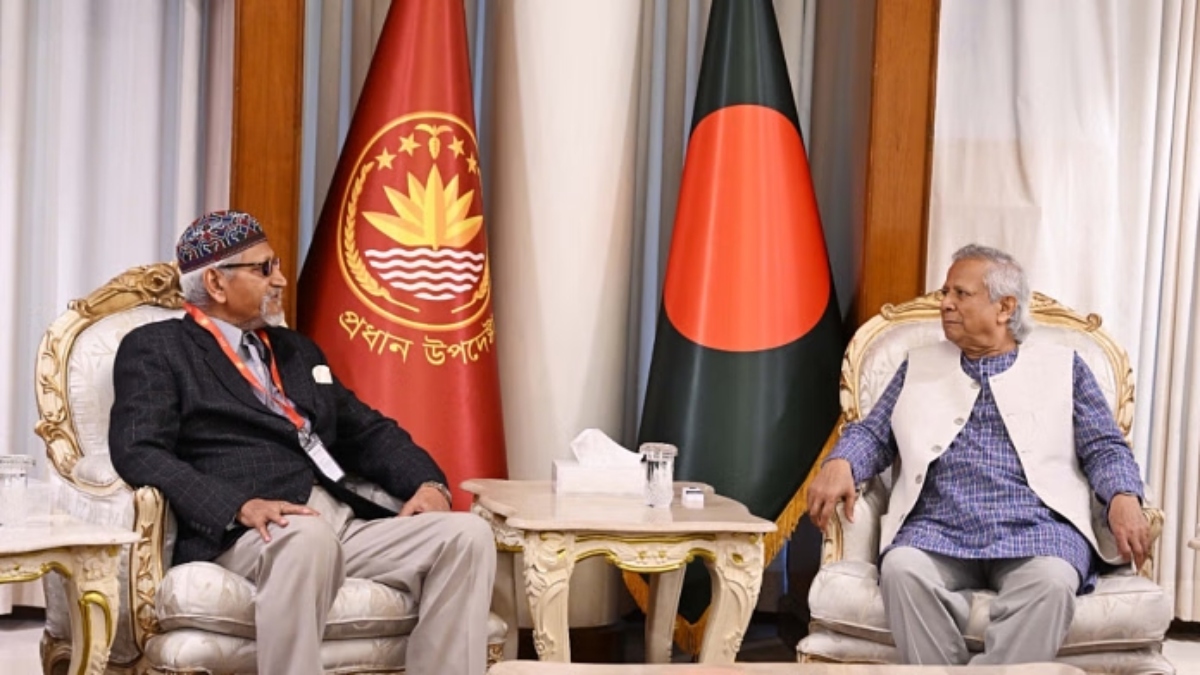)
)
)
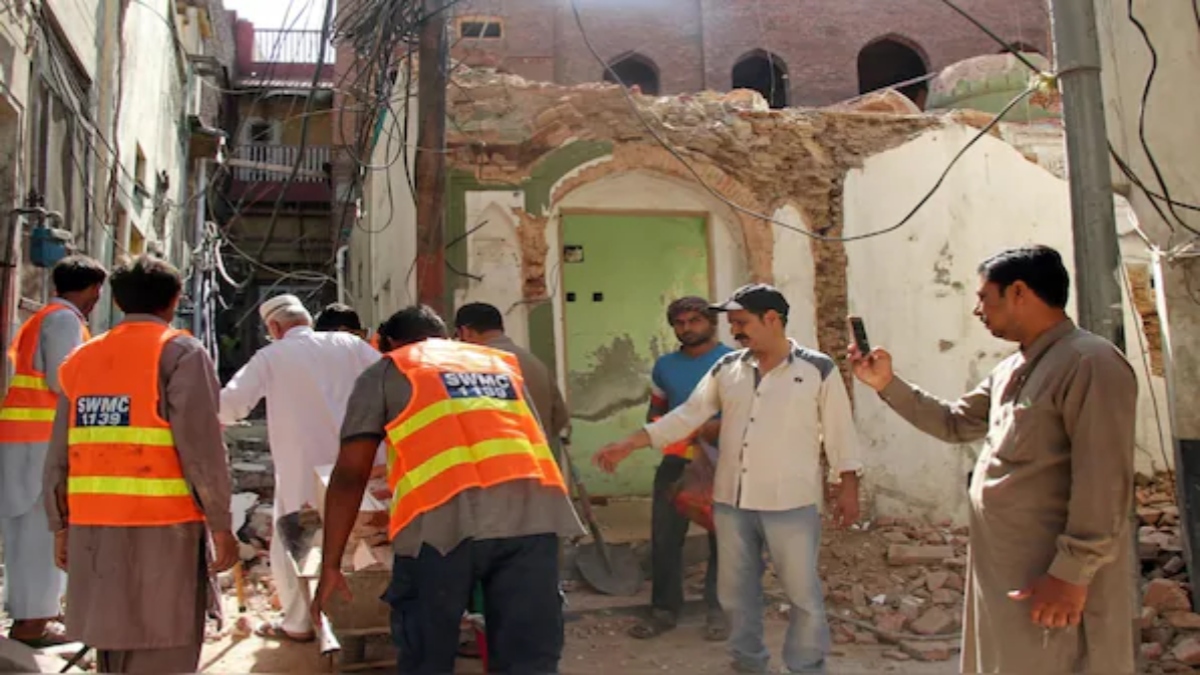)
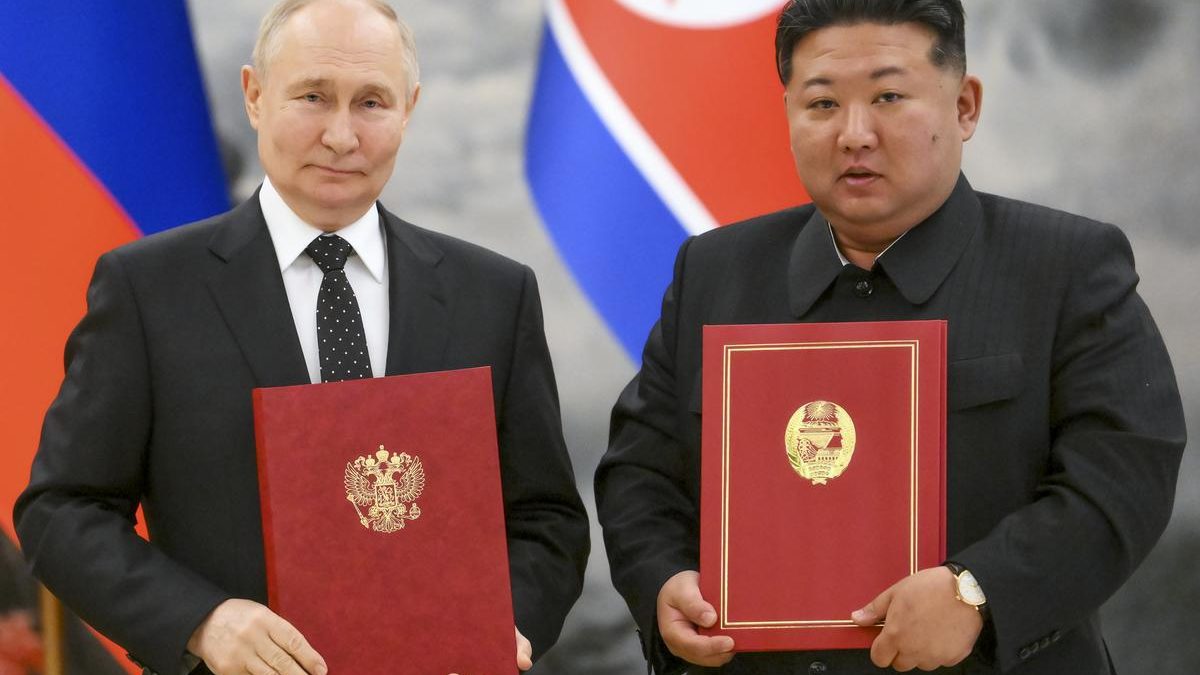)
)
)
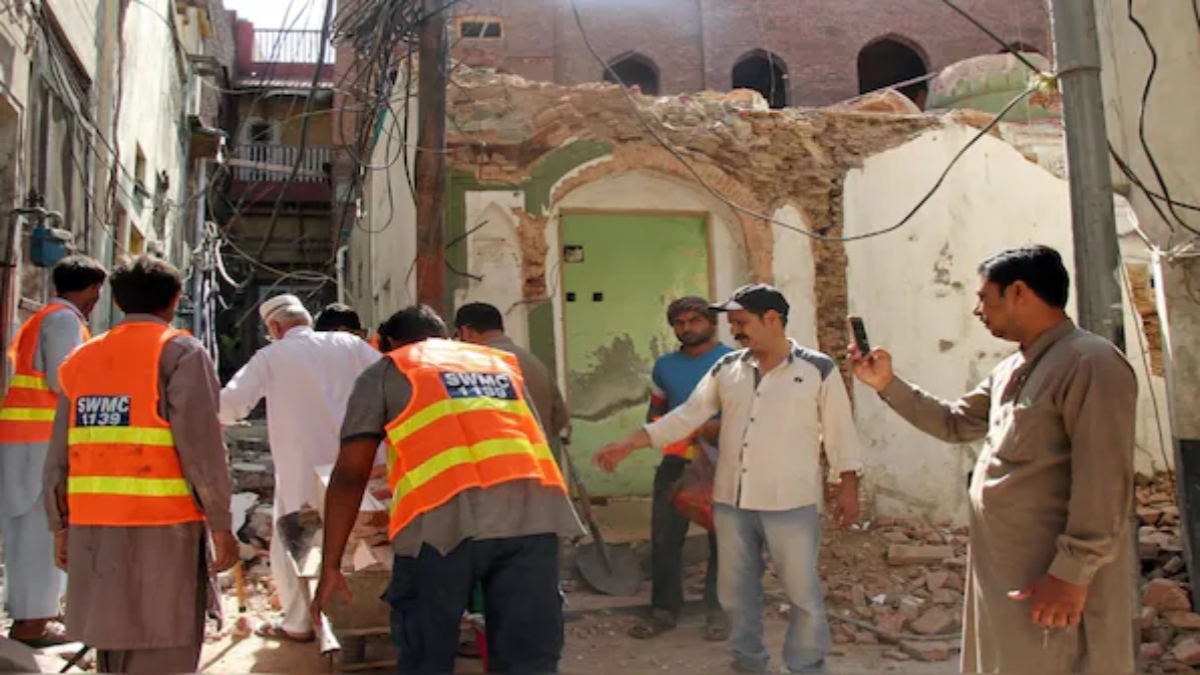)
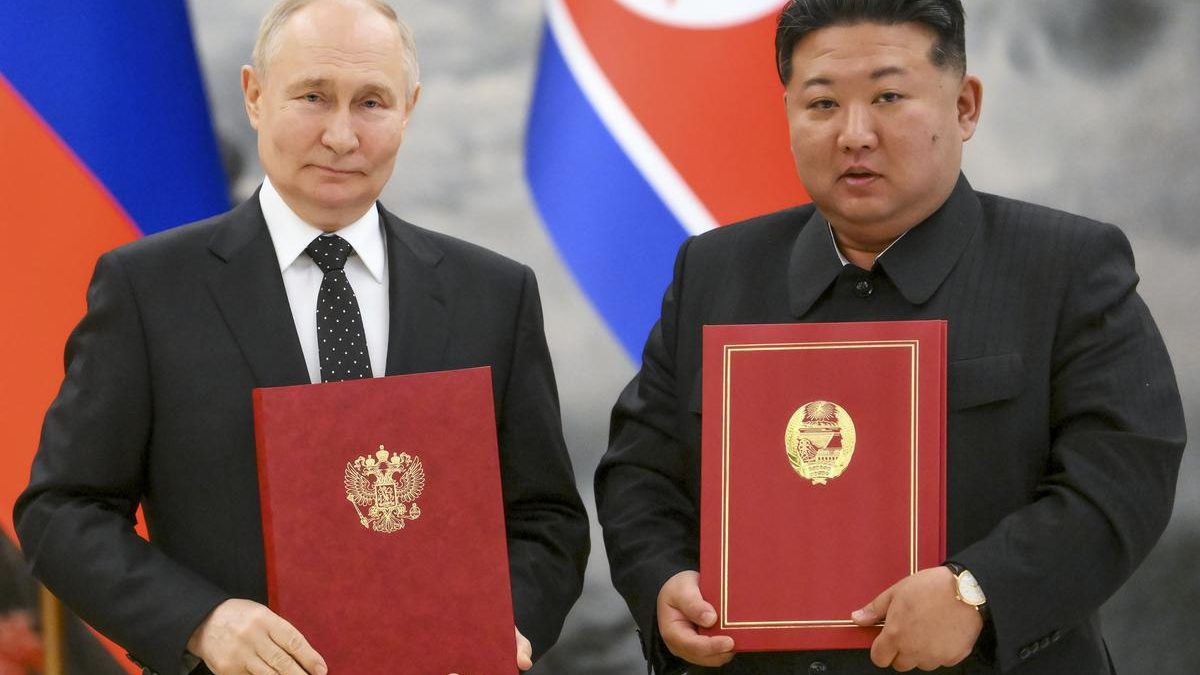)